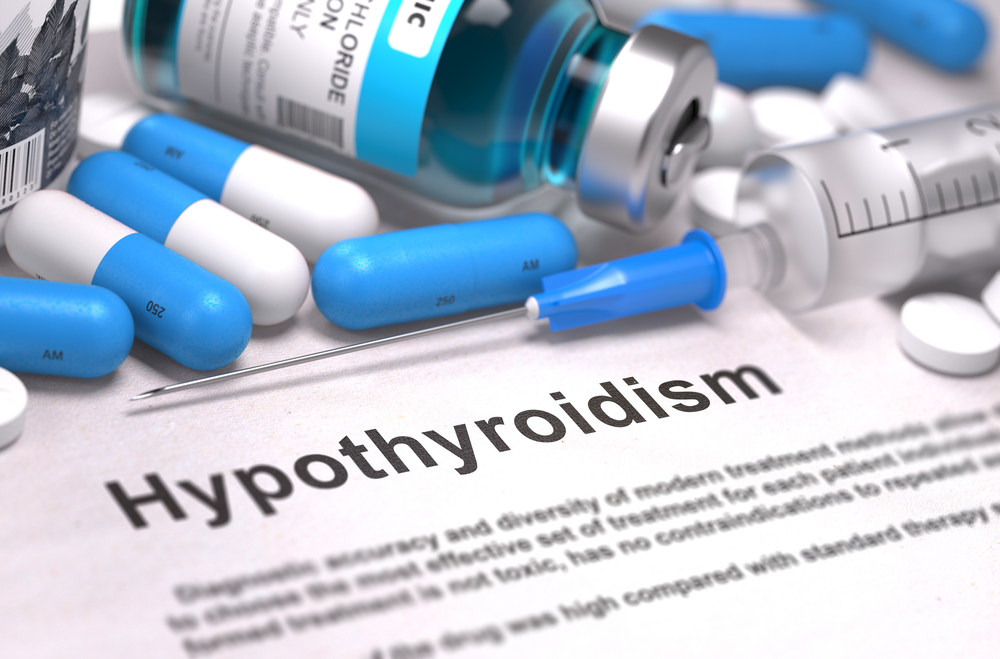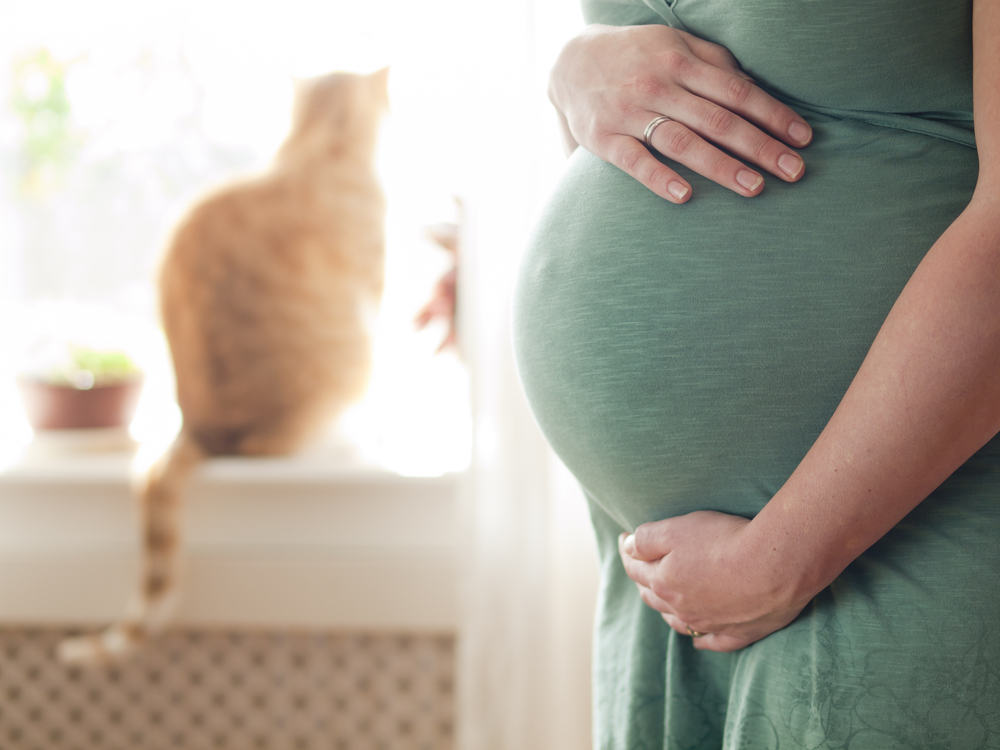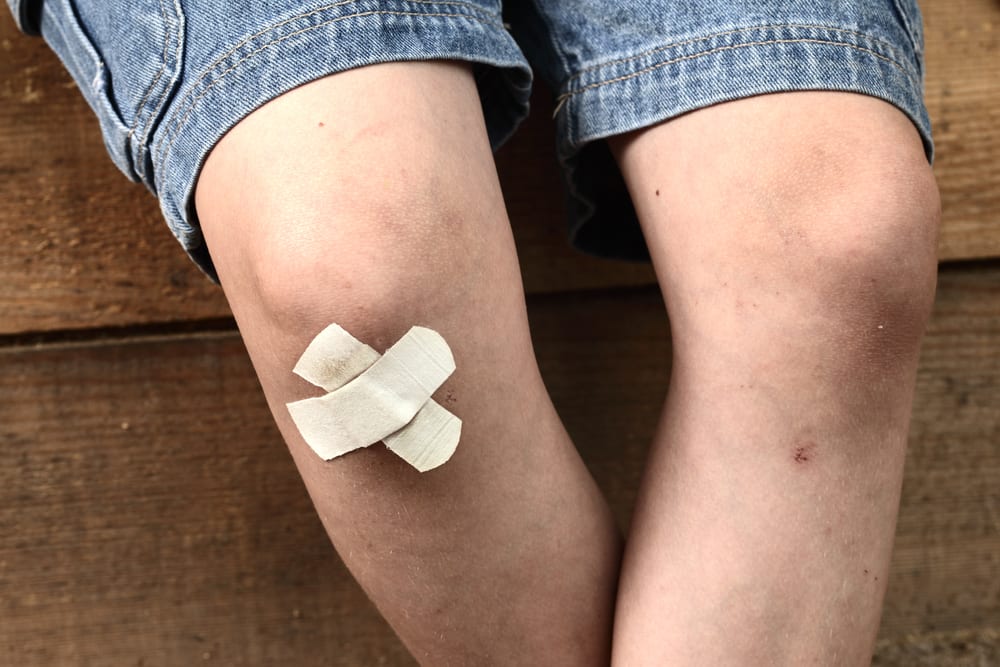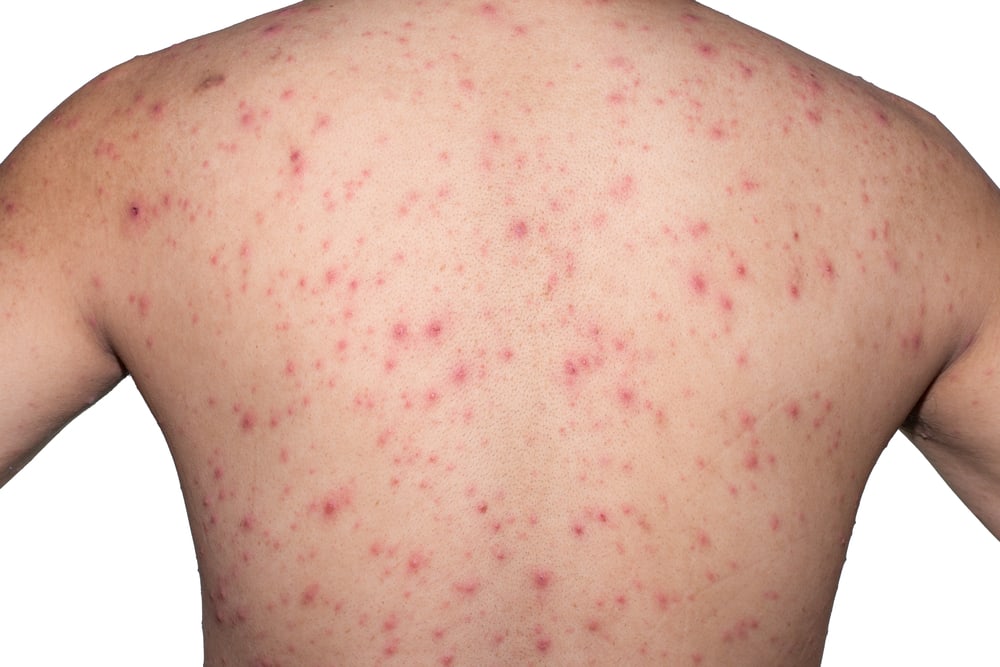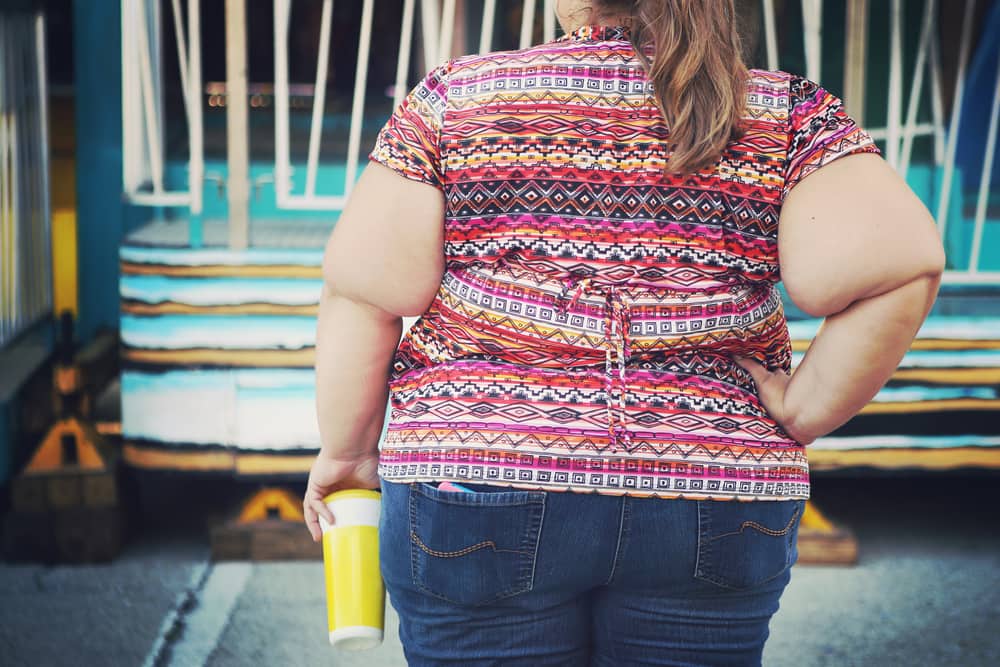Contents:
- Medical Video: 5 Signs and Symptoms You May Have a Leukemia
- What exactly?, anyway, that thyroid?
- Causes of hypothyroidism in children
- Characteristics of hypothyroidism in children
- What should be done if your child has hypothyroidism?
Medical Video: 5 Signs and Symptoms You May Have a Leukemia
Hypothyroidism is the most common thyroid disorder in children. Hypothyroidism in children occurs due to the activity of the thyroid gland which is less active and does not produce enough hormones to meet the needs. The function of the thyroid gland is very important because it affects the development of the brain and body. Untreated hypothyroidism can cause intellectual limitations and growth failure in children.
What exactly?, anyway, that thyroid?
Before discussing more about hypothyroidism, let's discuss what the thyroid gland is. The thyroid gland is a gland that looks like a butterfly and is in the neck. The gland produces a hormone called thyroid hormone.
Some of the roles of thyroid hormones include regulating the body's metabolism, controlling heart rate, controlling body weight, and regulating body temperature. If the production of thyroid hormone is lacking, your child has a hypothyroid condition.
Causes of hypothyroidism in children
The presence of a family history of experiencing hypothyroidism can increase the risk of hypothyroidism in children later. Children who have parents, grandparents, or siblings who have hypothyroid conditions have a higher risk.
Other causes of hypothyroidism in children include lack of iodine intake, radiation therapy, thyroid gland surgery, consumption of certain drugs (for example Lithium), and a history of medication that is not well controlled during pregnancy. In addition, autoimmune diseases can also be one of the causes of hypothyroidism.
Characteristics of hypothyroidism in children
Hypothyroidism in children is divided into two, namely congenital hypothyroidism (hypothyroidism suffered from birth) and hypothyroidism obtained when the baby is growing up.
In newborns up to the age of 8 weeks the complaints are not specific. In children with congenital hypothyroidism, the following characteristics can be found:
- Skin and eyes turn yellow (jaundice).
- Constipation (difficulty defecating).
- Do not want to eat or drink breast milk.
- Feeling cold or shivering.
- Rarely cry.
- Hoarse crying voice.
- Less active and more often asleep.
- Has a large fontanel and a large tongue.
In children with hypothyroidism obtained, the following characteristics.
- Enlargement of the thyroid gland (goiter). The neck and face look swollen. The child becomes difficult to swallow, the voice becomes hoarse, and feels a sensation of blocking his neck.
- Child growth is hampered. Children become shorter than their height.
- Less active.
- The skin becomes dry.
- Experiencing sleep disturbances to cause obstructive sleep apnea (breath stops while sleeping).
- Not resistant to cold.
- Hair and nails become brittle.
- Slow heart rate.
- Puberty is late. In girls, the menstrual cycle becomes irregular.
- Late mental development.
What should be done if your child has hypothyroidism?
You should immediately take the medication recommended by your doctor because hypothyroidism is strongly related to the growth and development of the child.
Usually the doctor will give medication or hormone replacement therapy (hormone replacement therapy) Through good and regular treatment, it is expected that children suffering from hypothyroidism can live normally like children in general.

